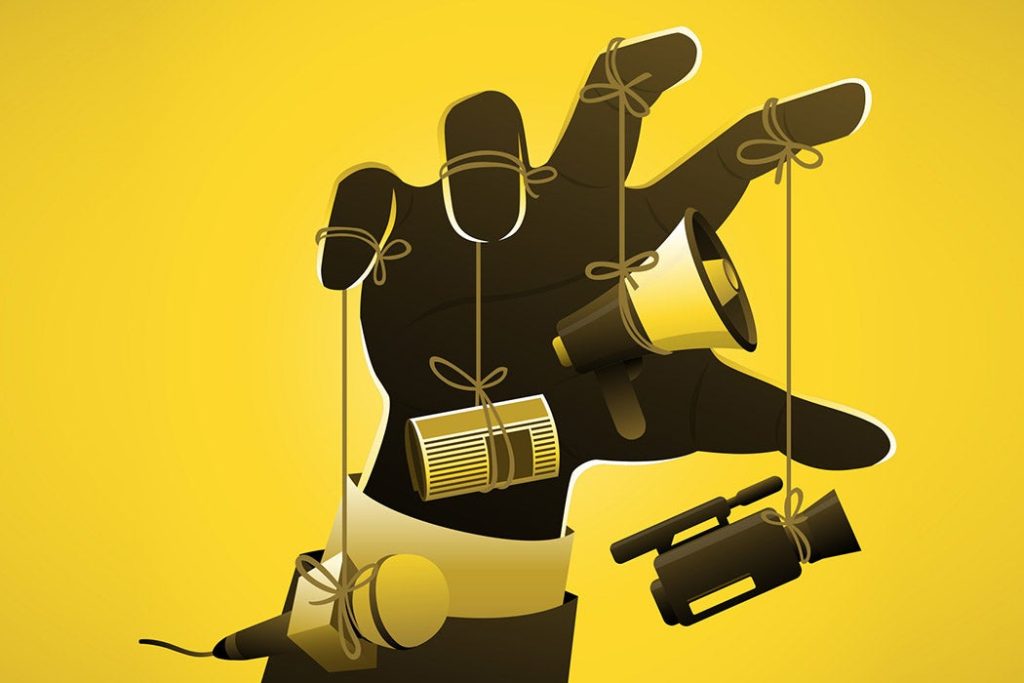Listen to the article
A quiet evolution has swept through the world of autocratic leadership, transforming the way non-democratic regimes maintain power in the 21st century. The heavy-handed dictators of the past century have largely given way to a more subtle form of authoritarianism that economist Sergei Guriev and political scientist Daniel Treisman have termed “informational autocracy.”
Where 20th-century tyrants like Hitler and Mao ruled through violence, fear, and ideological indoctrination, today’s autocrats employ more sophisticated methods of control. The brutal dictators of yesteryear conducted mass slaughters, openly attacked dissidents to instill fear, isolated their populations from outside influence, and justified their actions through grand ideological narratives.
By contrast, contemporary autocrats such as Russia’s Vladimir Putin, Malaysia’s Mahathir Mohamad, Venezuela’s Hugo Chávez, and Hungary’s Viktor Orbán have adopted less overtly oppressive approaches to maintaining power. This shift, according to Guriev and Treisman, reflects adaptation to a changing global landscape characterized by higher education levels, advanced communications technology, and growing international human rights advocacy.
Singapore’s Lee Kuan Yew stands as an early pioneer of this informational autocracy model. After the globally televised Tiananmen Square massacre in 1989, Lee reportedly advised Chinese leaders on his subtler methods of handling student protests. Rather than violent suppression, he described cordoning off protest areas, cutting utilities, and allowing health concerns to dissolve the demonstrations “without any difficulty.”
Modern autocrats have similarly refined their approach to dealing with opposition. Instead of creating martyrs through violent public crackdowns, they prefer to target dissidents with embarrassing charges like corruption or sexual impropriety. “Rather than jailing thousands, they target opposition activists, harassing and humiliating them, accusing them of fabricated crimes, and encouraging them to emigrate,” write Guriev and Treisman. “When these autocrats kill, they seek to conceal their responsibility.”
Perhaps most significantly, today’s authoritarians have largely abandoned the ideological fervor of their predecessors. Rather than imposing comprehensive national ideologies, they focus on projecting competence and effectiveness to their citizens. This approach creates a notable division in such societies between the general public and a more informed elite segment who recognize the regime’s manipulation and repression.
The researchers suggest that autocracy tends to prevail in environments where this informed elite remains relatively small and where the state can effectively manage information flow. “From this perspective, the key goal of informational autocrats is to prevent elite members from revealing the regime’s flaws to the general public,” they explain.
Even censorship has evolved from blatant book burnings to more subtle mechanisms. Informational autocrats prefer quieter techniques such as influencing media company shareholders to slant coverage or implementing limited censorship under the guise of combating extremism or protecting children. When successful, these methods create a curious paradox: citizens simultaneously believe they enjoy freedom of speech while absorbing state-directed narratives.
This transformation in authoritarian governance represents a significant shift in how non-democratic regimes sustain themselves. “At least some dictators in power today survive not by preventing the masses from rebelling but by removing their desire to do so,” Guriev and Treisman conclude.
The emergence of informational autocracy raises important questions about the future of democracy globally. As these regimes become increasingly sophisticated at managing public perception while maintaining the outward trappings of democratic systems, the international community faces new challenges in promoting genuine democratic governance and human rights.
The study illuminates how autocratic systems have adapted to modern realities, creating governance models that blend selective repression with sophisticated information management. Understanding this evolution provides crucial insights for policymakers, democracy advocates, and citizens worldwide concerned about the future of political freedom in an increasingly complex global landscape.
Fact Checker
Verify the accuracy of this article using The Disinformation Commission analysis and real-time sources.




8 Comments
The contrast between old-school dictatorships and modern ‘informational autocracies’ is a fascinating study in the evolution of power structures. It’s a sobering reminder that authoritarianism can take many forms, and we must be vigilant against all of them.
The shift toward ‘informational autocracy’ described in this article is a troubling development. While the methods may be more subtle, the underlying threat to individual freedoms is just as severe. We must continue to champion democratic values and human rights on the global stage.
Fascinating insights into how modern autocrats maintain power through more subtle means than past dictators. The shift toward ‘informational autocracy’ highlights the evolving strategies authoritarian leaders use to control their populations in the digital age.
It’s concerning to see these trends, as they can undermine democratic institutions and human rights. We need to remain vigilant against such erosion of freedoms, even when it’s not as overt as in previous eras.
This article sheds light on an important issue. While the tactics may have changed, the underlying threat to individual liberty from autocratic regimes is still very real. We must continue to champion democratic values and human rights globally.
I agree. As technology advances, autocrats have adapted their methods of control. Countering these trends requires sustained efforts to promote transparency, freedom of information, and civic engagement.
This article highlights an important global trend that deserves close attention. As autocrats become more sophisticated in their tactics, the need for robust democratic institutions and a free press becomes even more critical. We must remain vigilant in defending human rights and civil liberties.
Well said. Maintaining power through manipulation and control, rather than outright oppression, is a concerning development. Strengthening democratic norms and institutions is key to combating this insidious form of authoritarianism.